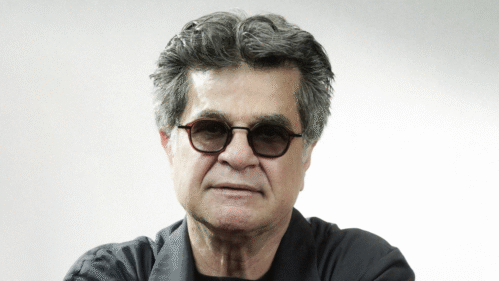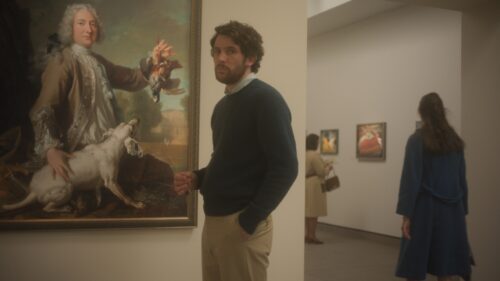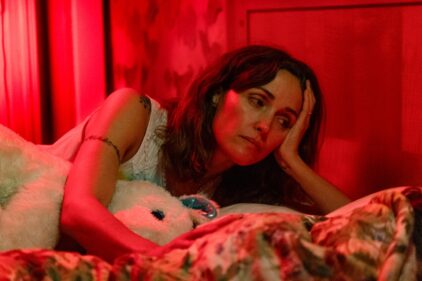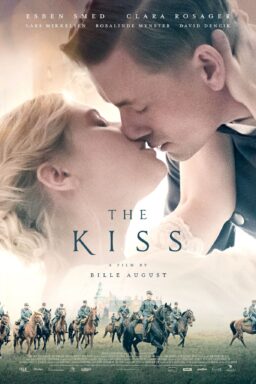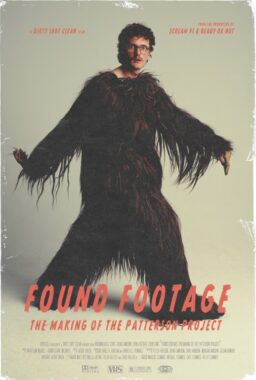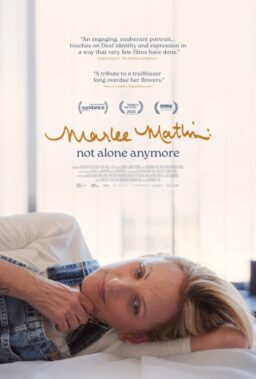It’s simply one of the things we’re going to get over, this business of thinking and writing about “women directors.” To be sure, most movie directors are men. But they’re no longer necessarily men, and when
Claudia Weill goes on tour to promote her new movie, she would like to be asked about the movie, rather than about the fact that it was directed by a woman. “It used to be the first question,” she recalled the other day during lunch at the Drake Hotel’s Cape Cod Room.
“I’d meet an interviewer, and the first question had to do with the fact that I was undeniably a woman. Now, after this film, it’s been downgraded to an afterthought: Oh, yeah, uh…how’s it being a woman movie director?”
The truth is, Weill said, she doesn’t even particularly care whether she makes movies about “woman’s themes,” although her first two movies belong in that category. First came “Girl Friends,” the wonderful 1977 independent feature about two New York roommates and how one got married and the other went into photography. Now comes “It's My Turn,” opening Friday, with Jill Clayburgh as a Chicago mathematician who leaves her apartment-mate and lover (Charles Grodin) to spend a week in New York, during which she thinks she may be falling in love with a retired New York Yankee (Michael Douglas).
“As far as the women’s movement goes,” she said, “the new film may actually be reactionary. Here’s a woman who has too much ‘space,’ too much freedom. She finds that she wants a messy relationship. And among our peers, you see a lot more babies these days than you might expect. This liberation isn’t enough. They feed women a line about having a career, realizing their potential, but by the time they hit 30, they realize it’s getting a little thin unless there’s someone to share it with. You can’t throw out the whole notion of caring for someone…even on the most selfish grounds.”
No, I said, I guess you can’t. We pondered our bottles of Poland Spring Mineral Water. The waiter came, and she ordered vegetables: broccoli, spinach, boiled potatoes. “Carrots?” the waiter said. “Surely you love carrots?”
“And…some carrots,” she said. “Surely I love carrots.”
Ahem, I said, mentally. Apropos of your talk about relationships and careers and caring for someone, et cetera, ah, you’re not married, are you, and you have a glamorous career as a movie director?
“No. I keep thinking I haven’t met the right guy.” But you’d like to?
Sure.
This movie “It’s My Turn” is a little bit about that? “A little bit about it. The screenplay is by Eleanor Bergstein, who wrote Advancing Paul Newman.
Some of the feelings in it and some of the situations no doubt come from Jill Clayburgh and myself. Jill plays a very much together woman, except that she’s coming apart at the seams. She keeps tripping on herself. She meets Michael Douglas, who wants to play for keeps. She already has what she thinks she wants: Freedom, friendship, a big apartment with lots of closets. What does she do now?”
Claudia Weill shrugged, “I like the decision she makes. But I have to be honest. Changing the subject. I really don’t care too much what I make movies about. I think I’d make a movie about anything, just so long as one element was there: I want to make movies about characters we’re rooting for.
I love to be on the side of the people in movies. I don’t really care what
they’re doing. They could be escaping from China, discovering an important cure, getting married. If we get involved with them, that’s a movie.”
“Girl Friends,” I said, was made on a fire sale budget. “It’s My Turn” is a big-budget movie, with Jill Clayburgh and Michael Douglas and Charles Grodin getting their salaries, and a big crew getting paid…
“The funny thing is that it doesn’t make all that much difference,” she said. “I had about 30 people in the crew, about the same as before. I had a good rapport with Jill Clayburgh…We’re about the same age, from about the same background, we knew one another’s thoughts. No matter what size the movie is, you have the actors, the script, the camera, and what you can do with it. It doesn’t matter what the budget is, or whether you’re a woman.”
No problems for a woman directing a mostly male crew? “No. Everybody’s professional. What makes me so mad is when I forget I’m professional. The other day I was on Kup’s Show. With John Huston? And John Huston has such a presence . . . He’s so magnificent . . . His voice is so deep and he’s so legendary and fascinating that instead of sitting there like a movie director, I sat there like a little girl. A girl! I’ve got to get over that.”
She ate her spinach.


